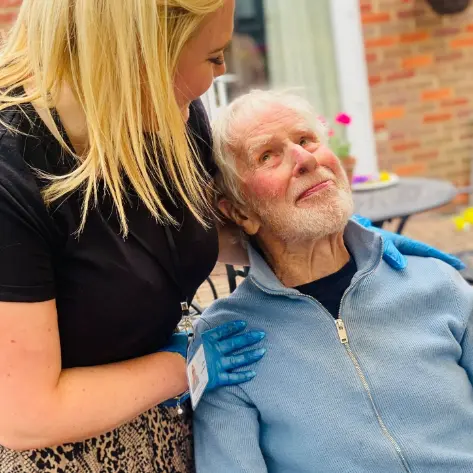The main difference between care and wellness is the emphasis on prevention and lifestyle choices that contribute to a person's overall wellbeing. Unlike care, which is often reactive, wellness takes a proactive approach by encouraging and facilitating individuals to adopt behaviours and make choices that prevent health issues and provide longevity, whilst making them feel good.
Care focuses on assistance, addressing specific medical or personal needs. As mentioned previously, care is reactive, responding to existing health conditions or assisting individuals with chronic issues. Care also provides safety and security for individuals who may not be able to look after themselves, ensuring they can navigate daily life in comfort. It may also refer to the management of symptoms and making one comfortable as they near the end of their life.
Wellness involves a holistic approach to health, emphasising the prevention of ill-health and life limiting conditions. Wellness programmes will encourage healthy lifestyle choices, including nutrition, exercise and strategies to maintain positive mental and social wellbeing. Wellness is a collaborative effort that requires buy in from individuals who are to gain the most from it. They must actively participate in making choices that contribute to their overall wellness. Wellness can be achieved by calling upon multi-disciplinary teams for clinical guidance, therapeutic practices and social activities. Wellness also encompasses emotional, social and spiritual wellbeing, recognising the importance of social contact, emotional connections and relationships, as well as other factors that contribute to a person's overall wellbeing.
An ideal approach is an integration of both care and wellness to achieve the optimum outcomes for the people who live with us, their loved ones and the people who care for them.



